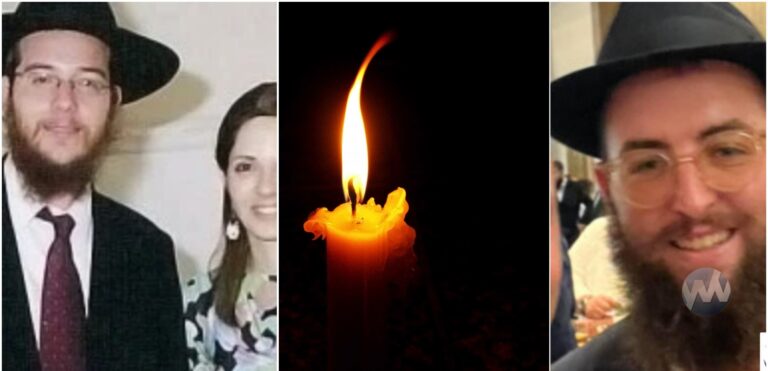This week’s Sedra provides the account of what happened at “Kivros-Hataáva”, one of Klal-Yisroel’s encampments. There, the people started to complain that they missed the various good foods that they had eaten in Mitzraim. Klal-Yisroel complained that they wanted meat, and that they had enough of eating just Mon – Manna. Mon was a special, delicious tasting food (as depicted by Chazal in various Medrashim) that never caused indigestion. Not only that, but eating Manna also removed the normal bodily needs to eliminate waste. This was so because it was designed by HaKadosh Baruch Hu to the exact nutritional needs of each member of Klal-Yisroel. Klal-Yisroel’s complaining about the Mon hence appears completely irrational.
Often times as we progress in life we still find ourselves reminiscing over old times. We somehow attach nostalgia and sentimental value to times past even if they were nowhere close to our current level of comfort. However while we might have some sort of sentimental appreciation for these things it doesn’t mean we want to trade the good we now have for it, and we definitely won’t complain about the wealth that we now have. Why was it that Klal-Yisroel complained about the Mon?
The K’sav Sofer writes that their complaint was that their souls were dried out and left empty because all they ate was the Mon (נפשינו יבשה וכו’). the K’sav Sofer suggests that perhaps their complaint was a spiritual complaint: Klal-Yisroel was complaining that they didn’t want to live a life of Miracles. Klal-Yisroel did not want to be sustained only through means of miracles, such as the Mon, that they should be left without Zechuyos (merits) for the world to come (Taanis 20b, Chazal tell us that Nisim deplete our merits).
In the context of the K’sav Sofer’s approach, it would seem at first glance that Klal-Yisroel had a valid and worthy complaint; indeed why should they wish to allow themselves to be rid of their Zechuyos if they could live in a more natural way and preserve their Zechuyos?
When Hashem gave us the Mon He told Moshe Rabeinu that there was a lesson He wished for us to learn from the Mon. Hashem wanted us to learn and to recognize that Hashem never lacks the means to sustain us. As the Passuk tells us “for not on bread alone can man live, rather even from any other creation of Hashem’s speech can man live”. Furthermore, Moshe Rabeinu was instructed by Hashem to place Mon in a jar; this jar was to be placed in the Aron Hakodesh to be used in future times to teach a lesson to Klal-Yisroel. It was intended to be used to teach us the lesson of Bitachon – having faith in Hashem. The Mon illustrated how Hashem reciprocates our faith in Him by taking care of us in return. Mon wasn’t a miracle. Miracles are interventions that Hashem performs at precisely the right moment in order to save us or to affect us in a supernatural way. If the Manna was to be the textbook example of Bitachon, it means not only that it was not a fluke, but that it was something that was to define a norm. The norm in this case being that when we do Retzon Hashem even when it is difficult
(like following Hashem in the wilderness without proper provisions) Hashem will then provide for us whatever we need. To a Botaich B’Hashem this is perhaps the embodiment of nature.
Klal-Yisroel weren’t depleting their Zechuyos. Through allowing themselves to continue to follow God almost blindly in the Midbar and to have total and utter trust in Hashem they were only growing their Zechuyos. Klal-Yisroel’s claim was in effect a rationalization of their true desire to live a life in which they would not have to struggle to find faith in Hashem. Klal-Yisroel’s issue was that they wished all too much so to live in the mentally easy confines of “nature”. Thus they blinded themselves from living in the bliss of complete and sheer trust in Hashem.
This is a struggle we all have difficulty with on the most constant basis. How wonderful would life be if we could only realize the bliss of full belief in Hashem?
A very warm Good Shabbos, Rabbi Y. Dov Krakowski










